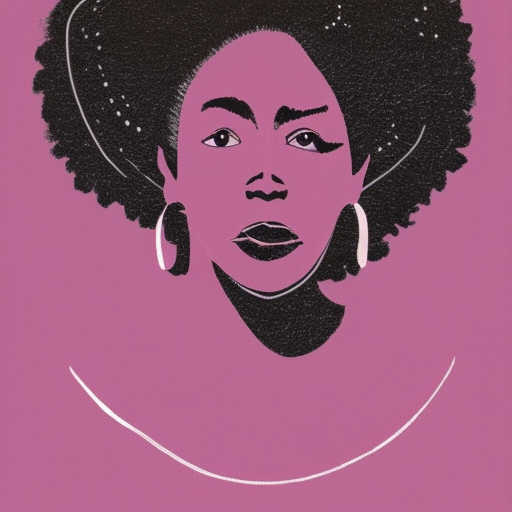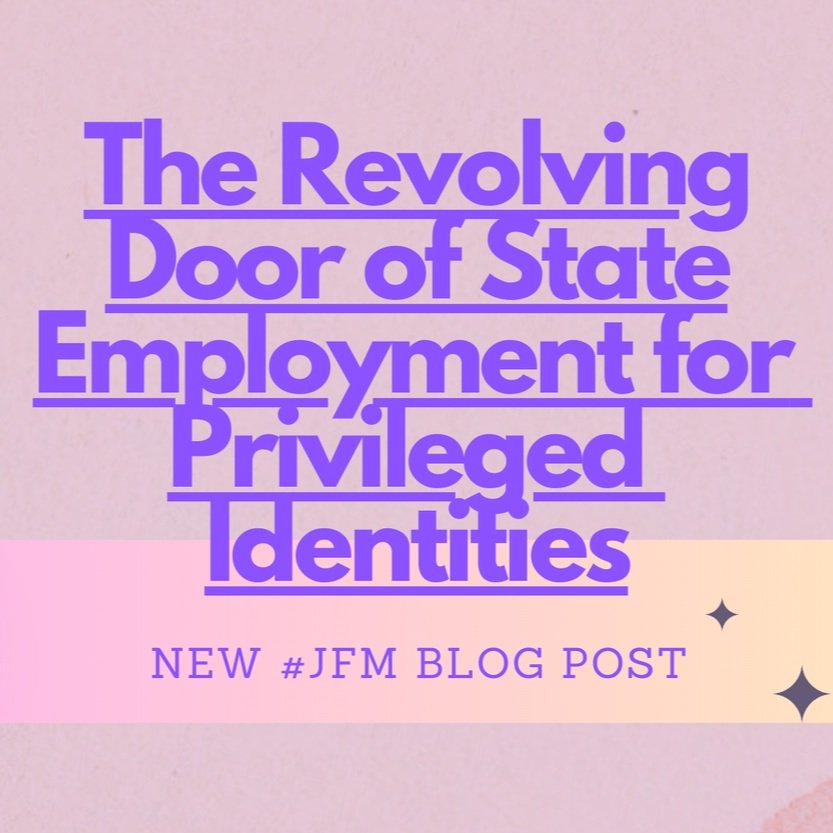
Racism's Silent Agony: Unmasking the Death by 1,000 Cuts
Dr. Morgan Medlock's journey serves as a poignant illustration of the nuanced ways in which racial harm can profoundly impact an individual's life. While acts of overt racism can shock the collective conscience, the subtler, insidious forms of harm are equally corrosive.

Colorado’s Desensitization to Racism: Dr. Medlock's Alarming Journey
The unwarranted challenges Dr. Medlock faced reveal a deeper issue—the desensitization of media, government employees/colleagues, and behavioral health stakeholders to acts of racism. In a landscape that should be marked by accountability, empathy, and respect, the absence of action speaks volumes.

Unraveling the BHA Staffing and Turnover Narrative
The Behavioral Health Administration (BHA) has been embroiled in controversies surrounding its staffing and high turnover rates. While some argue that these numbers are indicative of poor leadership under Dr. Medlock, a deeper analysis reveals a more nuanced and troubling reality tied to racism and harm within the organization.

The Struggle to be Believed and the Pursuit of Justice
The JFM movement's petition garnered more than 500 signatures, demonstrating a groundswell of support from those who recognize the racial harm Dr. Medlock endured. Yet, the sobering reality is that many colleagues and stakeholders are choosing not to sign.

Unmasking Hypocrisy: The Distorted Equity Message of the Colorado BHA
Dr. Medlock, a Black-identifying leader, faced a series of challenges and betrayals that culminated in her removal from a position she had dedicated herself to. What makes this narrative even more unsettling is the BHA's subsequent posting of her former role as a job announcement on their webpage, accompanied by an image that, at first glance, appears to celebrate diversity.

Celebrating the Remarkable and Resilient Racquel Garcia, BHAAC Co-Chair
One such courageous individual who has been advocating for change within the BHA is Racquel Garcia, a BIPOC identifying Co-Chair of the BHA Advisory Council (BHAAC). Garcia's dedication to advancing equity, transparency, and trauma-informed leadership within the mental health care system is commendable and serves as a shining example for us all.

Addressing Racial Aggression and Power Imbalance at BHA
Anonymous witnesses reported that Barnes walked by the seated BIPOC employee, and forcibly shut down their computer while they were working. This alarming act highlights the deep-rooted issues of racism, aggression, violence, and power imbalance within the organization.

Deputy Commissioner Gathercole’s Role in BHA Betrayal and Harm
When Dr. Medlock moved to the state of Colorado from Washington, DC, she was informed that Gathercole would be serving as Acting Deputy Commissioner for the BHA. Medlock was inspired to extend a permanent offer to Gathercole as Medlock was new to the state and Gathercole had established relationships with a circle of Colorado behavioral health insiders. The ensuing narrative is one of betrayal, harm, and blatant acts of disrespect.

The Room Where it Happened: Medlock’s No-Win Dismissal Deal
An anonymous source close to the Governor's office has shed light on the dismissal of Medlock, raising questions about the involvement of the Governor’s Chief of Staff, who apparently took the lead in the matter. According to reports, Garnett pressured Medlock to resign on April 17, but she refused, leading to a series of threats and false claims against her.

Addressing the Implications of Barnes' “Clean Up” Statement
BHA staff anonymously report that at Barnes’ first all-staff meeting in her new role as BHA Commissioner, she stated she was sent to the BHA to “clean the place up.” This statement, while seemingly innocuous, carries deep historical connotations and potential racist consequences.

Harmful Scapegoating and a Lack of Accountability at BHA
The recent announcement of Leora Joseph's decision to run for Denver District Attorney adds another layer of facts and complexity to Medlock’s removal.

Response Letter from the JFM Network: The Performance Review Drop
I am a parent to a family member with a severe mental health condition and I fully supported the vision, professionalism, and excellence that Dr. Medlock brought to the Colorado Behavioral Health Association. I was shocked when she was suddenly replaced, and I hope that she will be reinstated. I have been following the JFM movement for updates.

Dr. Medlock's Profound Impact and Performance Evaluation Release
In November 2022, Dr. Medlock received a solid performance review and was reappointed as BHA Commissioner for four years by Governor’s Office Chief of Staff, Lisa Kaufmann. A JFM source shared a copy of this performance review and JFM is releasing it here.

The Scarlet Letter-Writing Campaign
The disparate and coordinated disparagement of Medlock is now further supported by the uncovering of letters and emails supporting Barnes’ Interim Commissioner placement sent to Governor Polis in the care of Chief of Staff Alec Garnett. These letters have been mentioned in part by journalists, but JFM is now releasing them in full with the help from our network.

The Tragic Consequences of BIPOC Talent Suppression
The removal of Dr. Medlock, a BIPOC individual, and the qualified WOC candidate she championed sheds light on the pervasive nature of racism, oppression, and systemic discrimination.

The Revolving Door of State Employment for Privileged Identities
JFM found a disturbing pattern of behavioral health leaders with privileged identities who resigned or quit but then returned to other roles serving in state behavioral health leadership. Meanwhile, BIPOC leaders who have left the state behavioral health field have had the door locked behind them, experienced trauma and harm that make returning out of the question, and for many, their reputations have been intentionally tarnished.

The Harm of Privileged Individuals in Power Denigrating Dr. Medlock: Impact on BIPOC Communities
The public support or sharing of negative opinions about the removal of Dr. Medlock by individuals in positions of power and privilege can have profound and harmful effects, particularly on BIPOC (Black, Indigenous, and People of Color) communities.